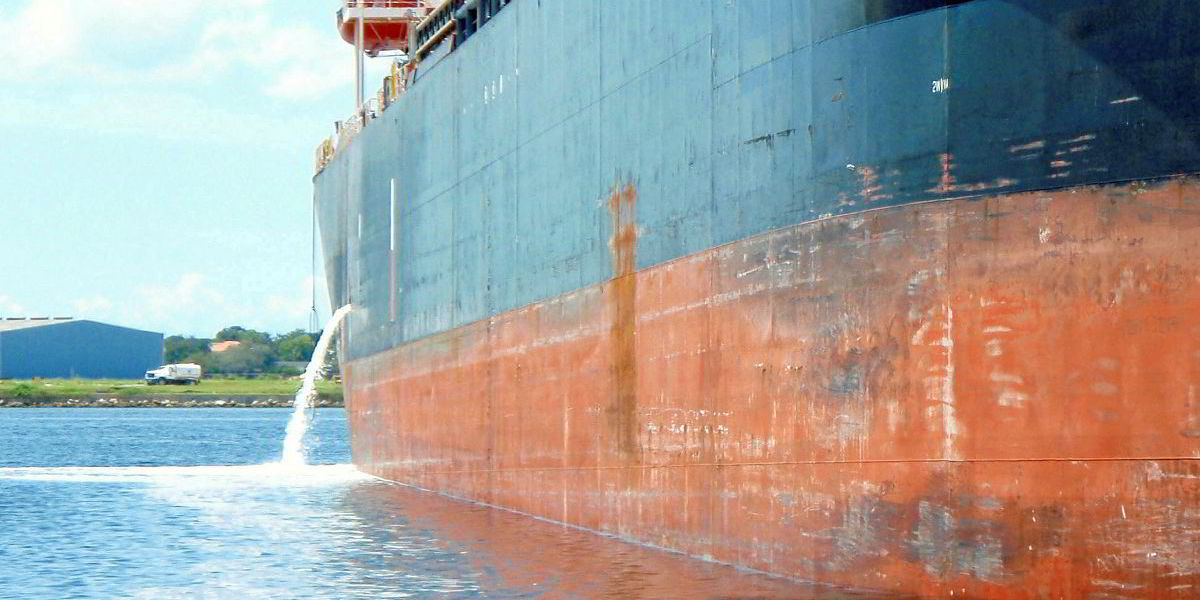Major shipping lender ABN Amro says a recent deal to finance the installation of ballast water treatment gear may be the first of many for clients facing the costs of meeting new environmental rules.
The Dutch bank made its first loan under its “sustainable shipping” initiative, providing Celsius Shipping financing to install ballast water treatment gear. ABN Amro’s Amit Wynalda, who heads its transportation practice, says the bank is talking to other clients for similar deals.
In addition to ballast water treatment gear, the financing could cover installation of scrubbers to remove sulphur from bunker fuel or the installation of cleaner burning fuel systems such as LNG.
“We feel we should be partners in this with our shipping clients, and how we can make the sector more sustainable moving forward,” Wynalda said.
Some estimates show the shipping industry spending billions over the next decade in meeting new environmental regulations.
An estimate from consultancy Frost & Sullivan says cumulative spending on ballast water gear may reach $50bn. The rules that will limit sulphur emissions from ships may increase global bunker fuel bills by $60bn, according to Wood Mackenzie.
Wynalda says some shipowners may be challenged in the coming years to meet these new regulations. Owners with large fleets face high capital expenditures to retrofit their ships to meet rules for ballast water discharge or limiting sulphur emissions. The industry’s uneven recovery means many companies still need to keep as much cash flow as possible.
Many companies expected that they would need to finance upgrades from their operating cash flow,” Wynalda said. “But the retrofit costs can add up when you have 10 or more vessels.”
Wynalda says the terms of such deals would vary by the client. The loan can be secured against the vessel where ABN Amro already has the lien, or potentially as a second lien where the bank is not the primary lender. The financing may also be done at the corporate level and not secured.
But Wynalda says the financing is to provide an additional service to existing clients, and not a new profit centre for the bank.
“If we already financed vessel, that makes it a whole lot easier,” Wynalda said. “You can look at doing it at a corporate level or having security over different assets. It’s really very broad on how you tackle it.”



